The Future Of Farming
Is Here
Our Produce
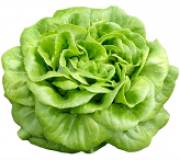
Butter Head
Also called Boston or Bibb lettuce, good quality butter lettuce will have fairly large, loose heads with thick leaves and even green coloring. Fairly mild but persistent, slightly sweet taste, and so tender it melts in your mouth – like butter! (Great for lettuce wraps!)
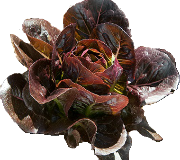
Romaine
Our compact mini romaine heads are the perfect size for individual salads. The staple for a proper Caesar salad, this variety has a typical fine-bitter herb taste. Blends well with other greens.
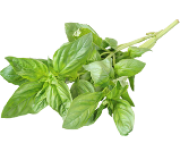
Basil
This herb has been cultivated for over 5,000 years! Prominently featured in Italian cuisines, the plants give off a strong, pungent, often sweet smell. The taste is sweet, but savory, and just like the smell it is peppery yet ever so slightly minty.
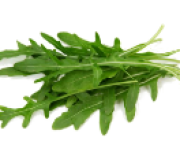
Arugula
Technically an herb, it has a peppery, spicy and tangy taste, sometimes described as nutty. Arugula’s flavor is often likened to peppery mustard, making it a bit stronger than most lettuces. This versatile plant can be eaten raw or cooked, mixed with other greens or alone.
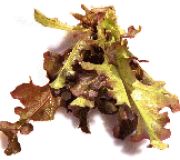
Red Leaf
Bright red color and full sized leaves, has a buttery texture and an mellow, nutty and sweet flavor. Mix with our other lettuces for a colorful salad.
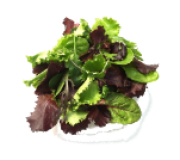
Spring Mix
This mixture of red and green leaf lettuces is harvested early for a different flavor and texture than mature varieties. The perfect out-of-the-box salad maker!
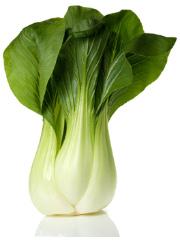
Bok Choy
A variety of Chinese cabbage, these plants do not form heads like traditional cabbage. They have smooth, dark green leaf blades forming a cluster reminiscent of mustard or celery. Has a very distinct, subtle, sweet flavor especially when fresh. Very poplar in Asian cuisines.
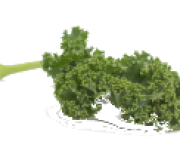
Kale
A member of the cabbage family, Kale does not form a head, instead it has long fibrous stalks. taste is sometimes a mild, slightly bitter taste, dependent on variety. Many different ways to prepare with very nutritious super food!
East Coast Agriculture is a family owned and operated farm located in southern New Jersey which was founded with the goal of growing the best quality, most environmentally friendly produce possible. Our mission is to be more water and resource efficient than conventional growing methods, leading to a more sustainable growing practice. Inside of our growing facilities we refrain from pesticide and herbicide use due to superior growing conditions. It is our mission to provide the consumer with the highest quality, chemical free produce possible for the promotion of superior taste and general health.
Our Vision

Hydroponic Benefits
Energy Conservation
Hydroponic growing virtually eliminates the need for herbicide and pesticide applications due to the precise environmental controls and conditions allowed by the system. Hydroponic growers also utilize about 1/4 the amount of fertilizer per plant that conventional farming methods do.
Water Conservation
Hydroponic growing practices utilize about 1/10 the amount of water when compared to conventional farming methods. The precise delivery of water to the plants, with zero waste allows this method of farming to be the most sustainable form of growing currently known.
Sustainability
Hydroponic systems can produce the same yield as conventional practices while utilizing about 1/5 the area. Hydroponic systems are not reliant upon growing seasons, and can grow fresh local produce year round. When taking in all the benefits including getting higher yields, using less water, and less nutrients, with less waste we can see why hydroponics has been gaining popularity the world over.
